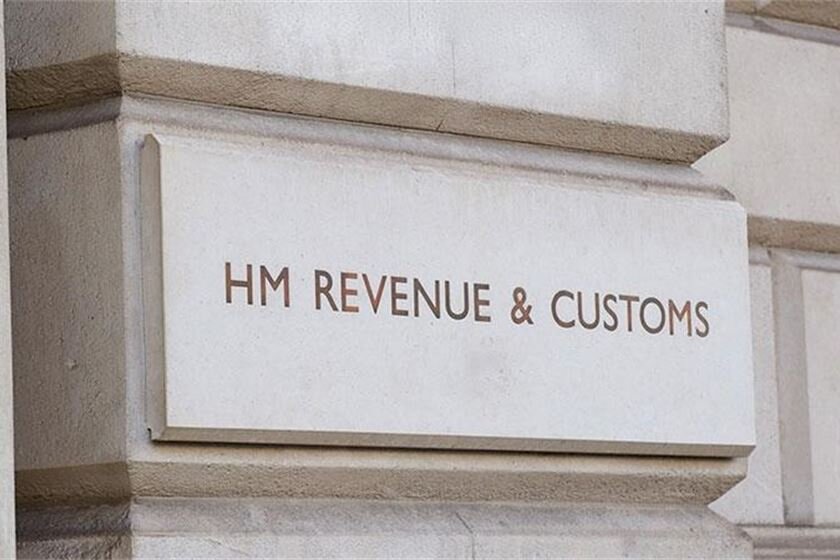LONDON, Sept 24 – HM Revenue and Customs (HMRC) has been given the go-ahead to seize money directly from household bank accounts where tax debts exceed £1,000, after Chancellor Rachel Reeves approved the return of “direct recovery powers” ahead of her Autumn Budget.
The powers, first introduced in 2015 but suspended during the Covid pandemic, allow HMRC to withdraw funds directly from accounts once appeals are exhausted. The scheme has been relaunched this week in a “test and learn” phase, with the Treasury insisting safeguards remain in place.
An HMRC spokesman said: “Most people pay tax on time and in full but it’s right that we seek to recover tax from the tiny minority who have the funds to pay, but refuse to. These powers are subject to robust safeguards and we’ll continue to support customers who need help with their payments.”
Safeguards in place
Officials stressed that inspectors must first visit the taxpayer in person and ensure at least £5,000 is left untouched in any account. Only after the appeals process has closed can HMRC proceed with direct recovery.
Concerns from tax experts
The decision has drawn sharp criticism. Mike Warburton, The tax expert, said: “Clearly taxpayers should pay the tax that is properly due, but I do not have the confidence that HMRC will always get it right. I recognise that there are safeguards in place, but this really is the thin edge of a wedge leading towards a very dangerous development.”
Dawn Register, partner at accountancy firm BDO, warned that taxpayers should not ignore official letters. She said: “The relaunch of this draconian power underlines how important it is not to stick your head in the sand and ignore HMRC demands. HMRC needs to strike the right balance between supporting businesses and individuals in genuine financial difficulty, while being assertive with those who can afford to pay but choose not to.”
Rising tax debt
The move comes as HMRC grapples with £42.8bn in unpaid tax liabilities a figure significantly higher than before the pandemic. To tackle the growing debt, the Government has announced £630m of investment in HMRC’s recovery operations, including the recruitment of 2,400 new debt management staff.
Autumn Budget backdrop
The reintroduction of direct recovery powers underscores Reeves’s determination to strengthen tax enforcement as she prepares her 26 November Budget. Ministers argue that stronger debt collection is vital to closing the UK’s fiscal gap, but critics fear households struggling with the cost of living could be caught in the crossfire.
Summary
With unpaid tax liabilities at record highs, HMRC is stepping up enforcement by raiding bank accounts for debts over £1,000. While the Treasury insists safeguards are in place, experts warn the policy risks undermining trust. As Reeves prepares her Autumn Budget, the debate over how best to balance fairness with enforcement is set to intensify.
For taxpayers wanting to stay ahead of changes, the Pie app offers a clear view of tax bills, income projections and HMRC deadlines, helping individuals prepare in a shifting financial landscape.
HMRC's new tax policy is set to increase tax per household by £450 to support critical public services amid economic challenges.











